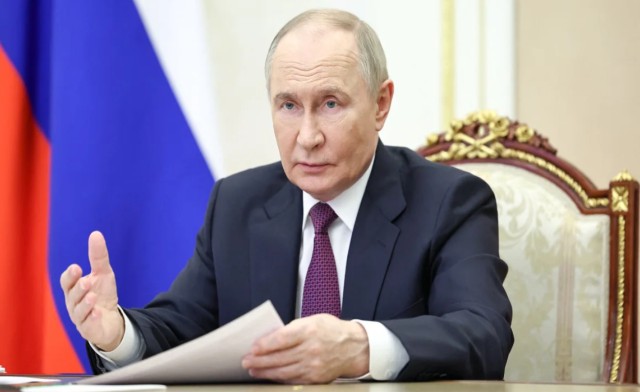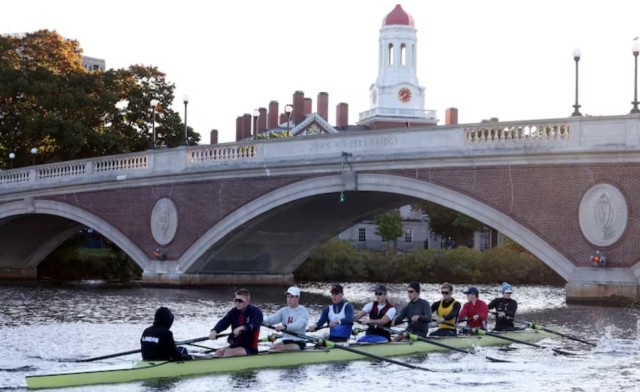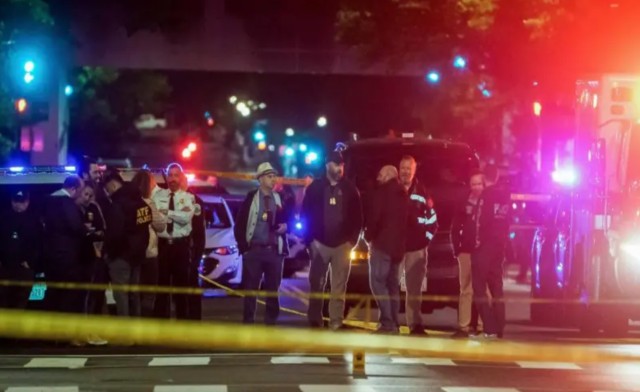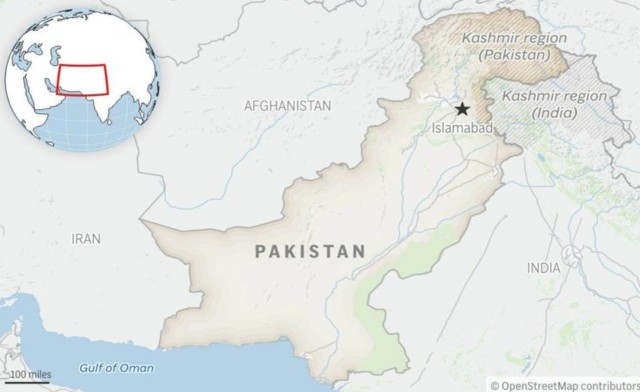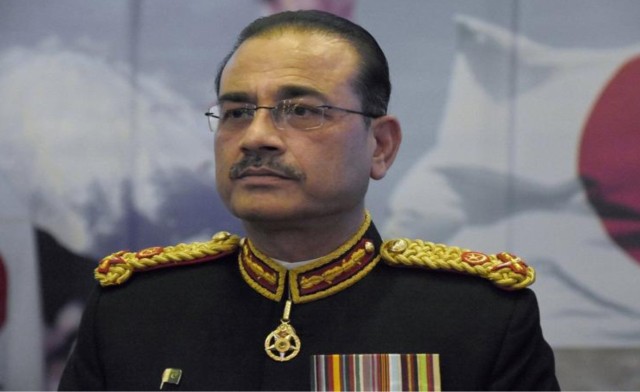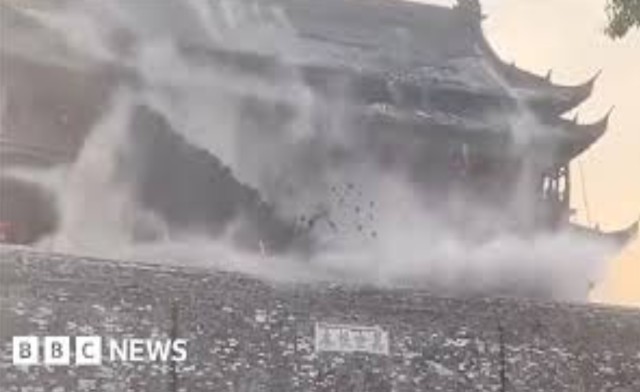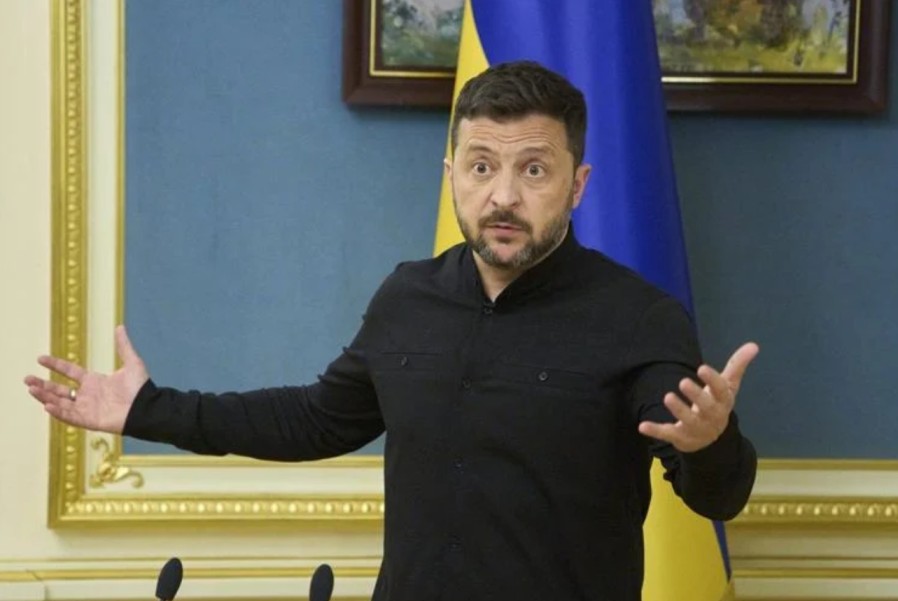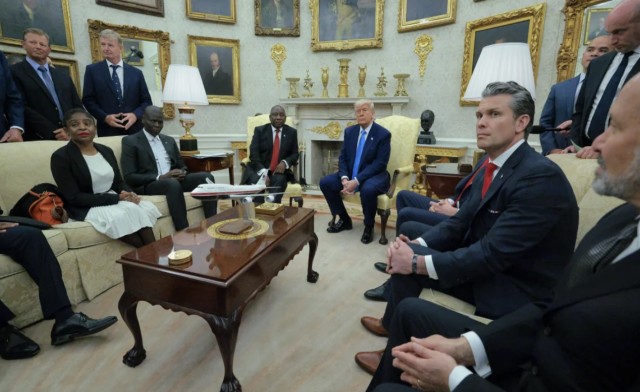
South Africam President Cyril Ramaphosa meets with President Donald Trump in the Oval Office of the White House on May 21, 2025 in Washington, DC. (Getty Images)
Former President Donald Trump's second term has transformed the once-revered Oval Office into a high-stakes political arena. No longer a diplomatic stage for mutual respect, it’s now a spotlighted battleground where world leaders face unexpected confrontations. The latest to be caught in this storm? South African President Cyril Ramaphosa.
Ramaphosa Walks Into the Lion’s Den
President Ramaphosa recently visited Washington, aware of what awaited him. Still, the scene unfolded with a dramatic twist. Trump accused South Africa of orchestrating a "genocide" against White farmers—an unfounded claim rooted in far-right conspiracy theories.
Accompanied by his White agriculture minister, Ramaphosa also had golf legends Ernie Els and Retief Goosen on hand. Their presence didn’t stop Trump from launching into a theatrical slideshow of crime headlines. "Death, death, death," he declared while presenting violent crime cases out of context.
Ramaphosa attempted a calm rebuttal, pointing out that most victims of violent crime in South Africa are Black, not White. He dismissed the genocide claim as false. But reason has little place in Trump’s new brand of Oval Office diplomacy.
Ukraine’s Zelensky Set the Tone
This isn’t an isolated case. Ukrainian President Volodymyr Zelensky endured a brutal exchange with Trump and Vice President JD Vance earlier this year. That meeting created a precedent—one where visiting leaders risk public embarrassment in front of the global press.
Zelensky’s emotional reaction and subsequent exclusion from the White House lingered as a warning for others. Leaders now walk into these meetings strategizing how to avoid becoming viral fodder.
From Statesmanship to Spectacle
The decorum of previous administrations is gone. Trump’s Oval Office is crowded, chaotic, and filled with MAGA-friendly media. These journalists seek gotcha moments rather than news.
Vice President Vance takes a front-row seat, often jumping into the fray. In contrast, past VPs like Joe Biden preferred to stay in the background. Now, the White House feels more like a political coliseum.
Elon Musk’s Shadow Looms Over Diplomacy
During Ramaphosa’s visit, Elon Musk was present—a nod to his recent online rants about alleged discrimination against Whites in South Africa. The Oval Office discussion seemed tailored to appeal to Musk’s worldview. It wasn’t about facts or policy. It was about Trump reaffirming his allegiance to his base.
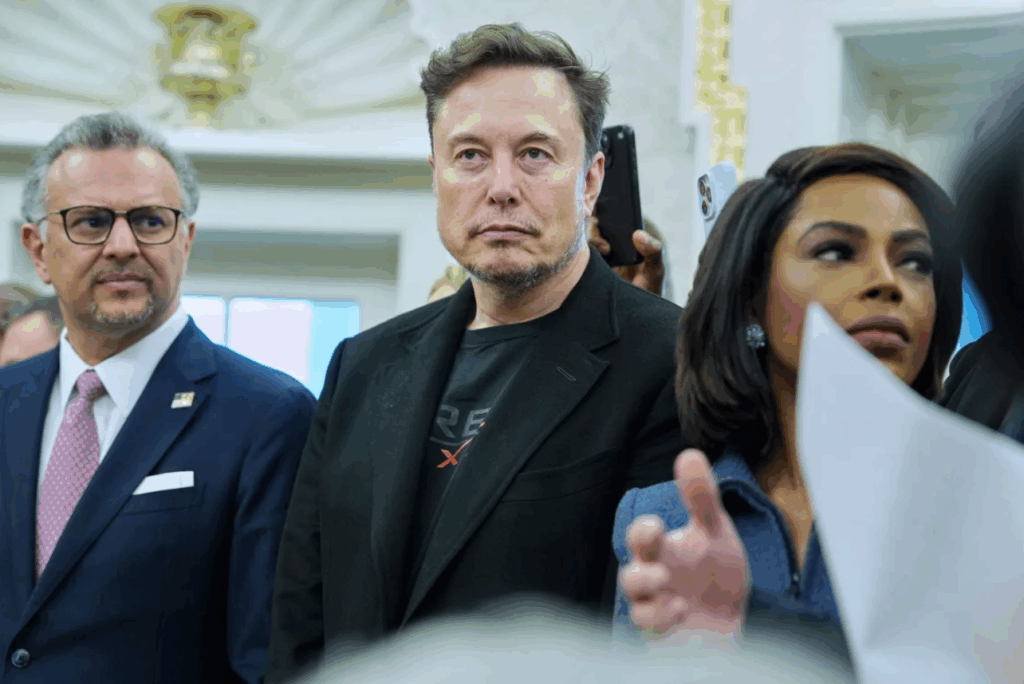
Starmer, Macron, and Meloni: A New Playbook Emerges
Some leaders have adapted. UK Prime Minister Keir Starmer handled Trump with a blend of wit and diplomacy. When challenged on free speech, he calmly reminded the room of Britain’s long democratic tradition.
French President Emmanuel Macron corrected Trump’s misleading Ukraine aid claims without confrontation. Italian PM Giorgia Meloni skillfully used Trump’s own rhetoric to win him over, even translating her points herself to avoid misinterpretation.
These leaders have realized that the key is to balance flattery with firmness—praise Trump without losing credibility at home.
Canada’s Mark Carney Holds His Ground
Canadian PM Mark Carney faced immense domestic pressure. Trump’s previous threats to annex parts of Canada were still fresh. Carney stood firm, telling Trump, “Some places are never for sale.” When Trump quipped, “Never say never,” Carney addressed the cameras with a patriotic “Never, never.”
Diplomatic Risk in a Viral Age
For world leaders, a Trump meeting now comes with new challenges. Appear too soft, and you look weak. Push back too hard, and you risk Trump’s wrath.
The media circus ensures that every awkward moment gets broadcast worldwide.
Even King Abdullah of Jordan struggled. Pressured to accept refugees from Gaza, he looked visibly uncomfortable. Yet, reliant on U.S. aid, he couldn’t fully object.
The Pope May Be Next — Or Not
The Vatican received an invitation too. Pope Leo XIV, newly inaugurated, is expected to meet Trump. But insiders suggest a meeting won’t happen soon. Negotiations over protocol will be intense. After all, the Pope may not be eager to enter the Oval Office spotlight.
Conclusion: A New Era of Global Diplomacy
Trump’s Oval Office has become a global stage—not for cooperation, but confrontation. World leaders must now prepare not just with facts, but media strategies. The true aim? To survive the encounter without losing face at home.
In today’s world of viral politics, diplomacy is no longer conducted behind closed doors. It’s performed under bright lights, with the whole world watching.


